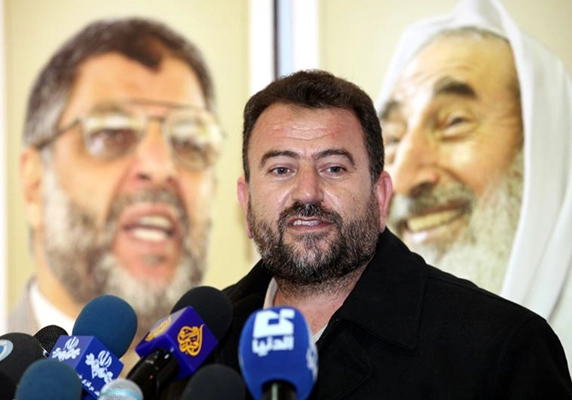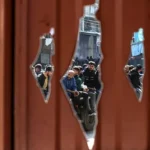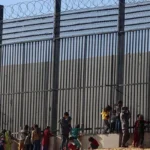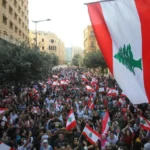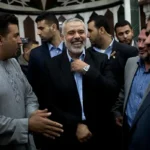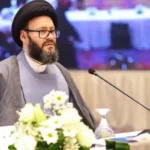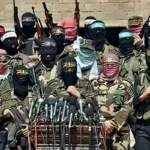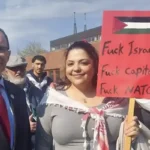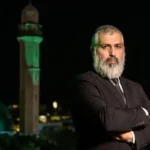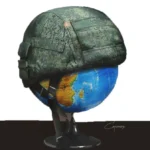Saleh al-Arouri, the deputy leader of Hamas, was recently killed in a suburb of Beirut. He was a key figure in the Palestinian militant group and played a significant role in fostering closer ties between Hamas and Hezbollah, the Iran-backed militia in Lebanon. Al-Arouri was accused of masterminding attacks on Israel and was instrumental in coordinating efforts between Hamas and Hezbollah. In this article, we will delve deeper into the life and actions of Saleh al-Arouri, shedding light on his involvement in the conflict between Hamas and Israel.
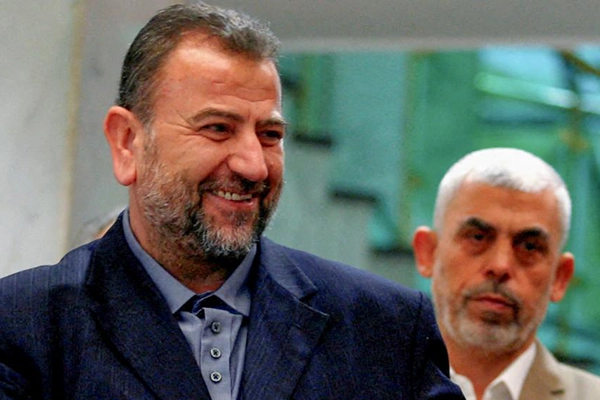
Saleh al-Arouri was a prominent figure within Hamas, the Palestinian political and military organization. He was initially based in the Gaza Strip, where he played a crucial role in the group’s operations. Known for his involvement in planning attacks against Israel, al-Arouri quickly rose through the ranks of Hamas and became the chief of its West Bank operations. His strategic capabilities and dedication to the cause earned him a reputation as a key figure within the organization.
Closer Ties with Hezbollah
One of Saleh al-Arouri’s significant contributions to Hamas was his role in building closer ties between the organization and Hezbollah. Al-Arouri spent considerable time in Beirut, where he served as a de facto ambassador of Hamas to Hezbollah. He was regarded as being close to Yahya Sinwar, the leader of Hamas in Gaza. This close relationship between Hamas and Hezbollah raised concerns among regional security officials and Israeli authorities.
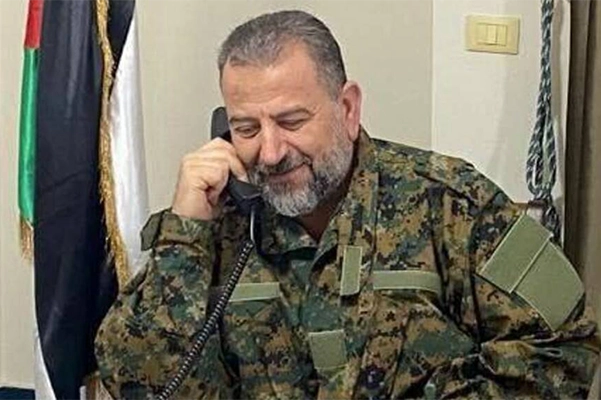
Accusations and Actions against Israel
In 2014, Saleh al-Arouri faced serious accusations from Israel. He was accused of planning the kidnapping and killing of three Israeli teenagers in the West Bank. Al-Arouri openly praised the operation, referring to it as a heroic act carried out by the Qassam Brigades, Hamas’s military wing. Israel also alleged that al-Arouri was involved in a plot to overthrow Mahmoud Abbas, the president of the Palestinian Authority.
Strengthening Ties with Iran
Saleh al-Arouri played a crucial role in strengthening Hamas’s ties with Iran. In 2017, he was elected as the deputy chairman of Hamas’s political bureau. Soon after his election, al-Arouri visited Tehran to solidify the relationship between Hamas and Iran. He also publicly met with Hezbollah’s leader, Hassan Nasrallah, to discuss collaboration. These developments further heightened tensions between Hamas, Hezbollah, and Israel.
Target of International Attention
The United States had been actively seeking information about Saleh al-Arouri’s whereabouts for years. The U.S. State Department offered a substantial reward of up to $5 million for any information leading to his capture or location. The international community closely monitored al-Arouri’s activities due to his involvement in attacks against Israel and his connections with Hezbollah and Iran.
Meeting with Hezbollah and Islamic Jihad
In October, following an attack by Hamas that resulted in the deaths of over 1,200 people in Israel, Saleh al-Arouri was seen meeting with Hassan Nasrallah, the leader of Hezbollah, and Ziad Nakhale, the secretary-general of the Palestinian Islamic Jihad. Their discussions focused on coordinating efforts to achieve a comprehensive victory and halt the Israeli attacks on Gaza and the West Bank. These meetings and collaborations further escalated tensions in the region.
Implications and Regional Concerns
The killing of Saleh al-Arouri has significant implications for the ongoing conflict between Israel and Palestinian militant groups. It raises concerns about a potential escalation of violence, particularly along the Israel-Lebanon border. The fear is that a broader conflict could draw in Iranian-backed armed groups from Lebanon, Syria, Iraq, and Yemen, further destabilizing the region.
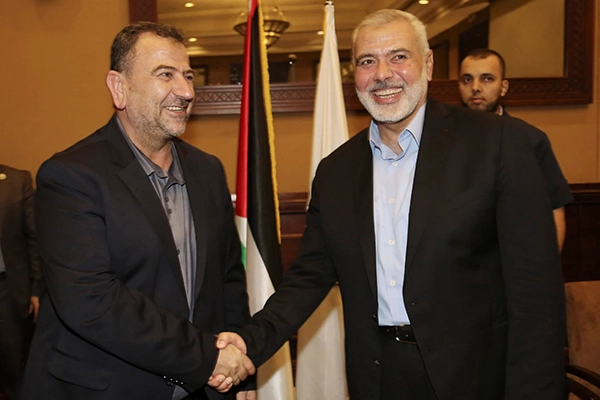
Saleh al-Arouri’s role as the deputy leader of Hamas, his involvement in orchestrating attacks on Israel, and his efforts to strengthen ties with Hezbollah and Iran have made him a prominent figure in the Palestinian-Israeli conflict. His assassination in Beirut has raised questions about the future of the conflict and the potential for further violence. The international community will closely monitor the situation and its implications for regional stability.


